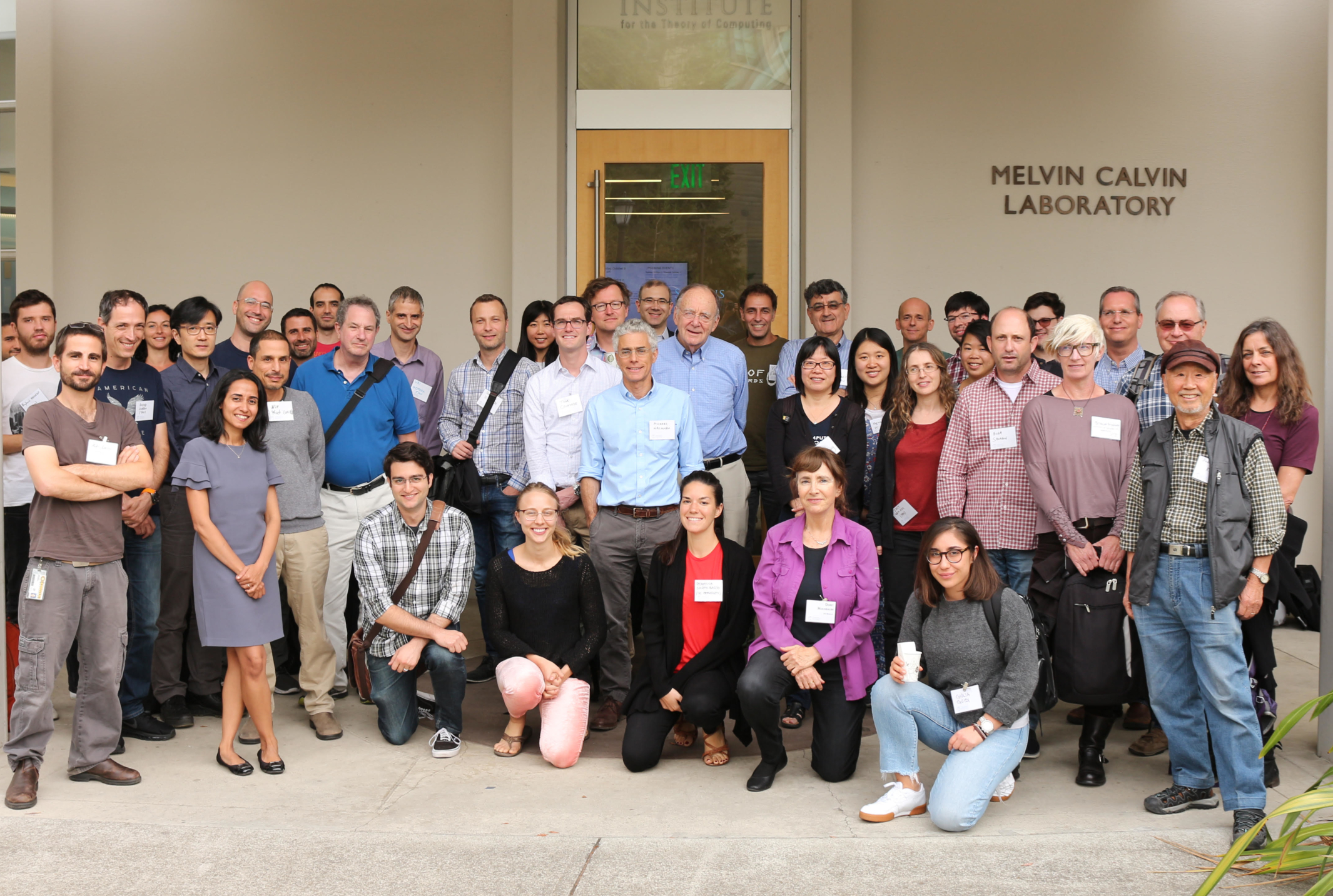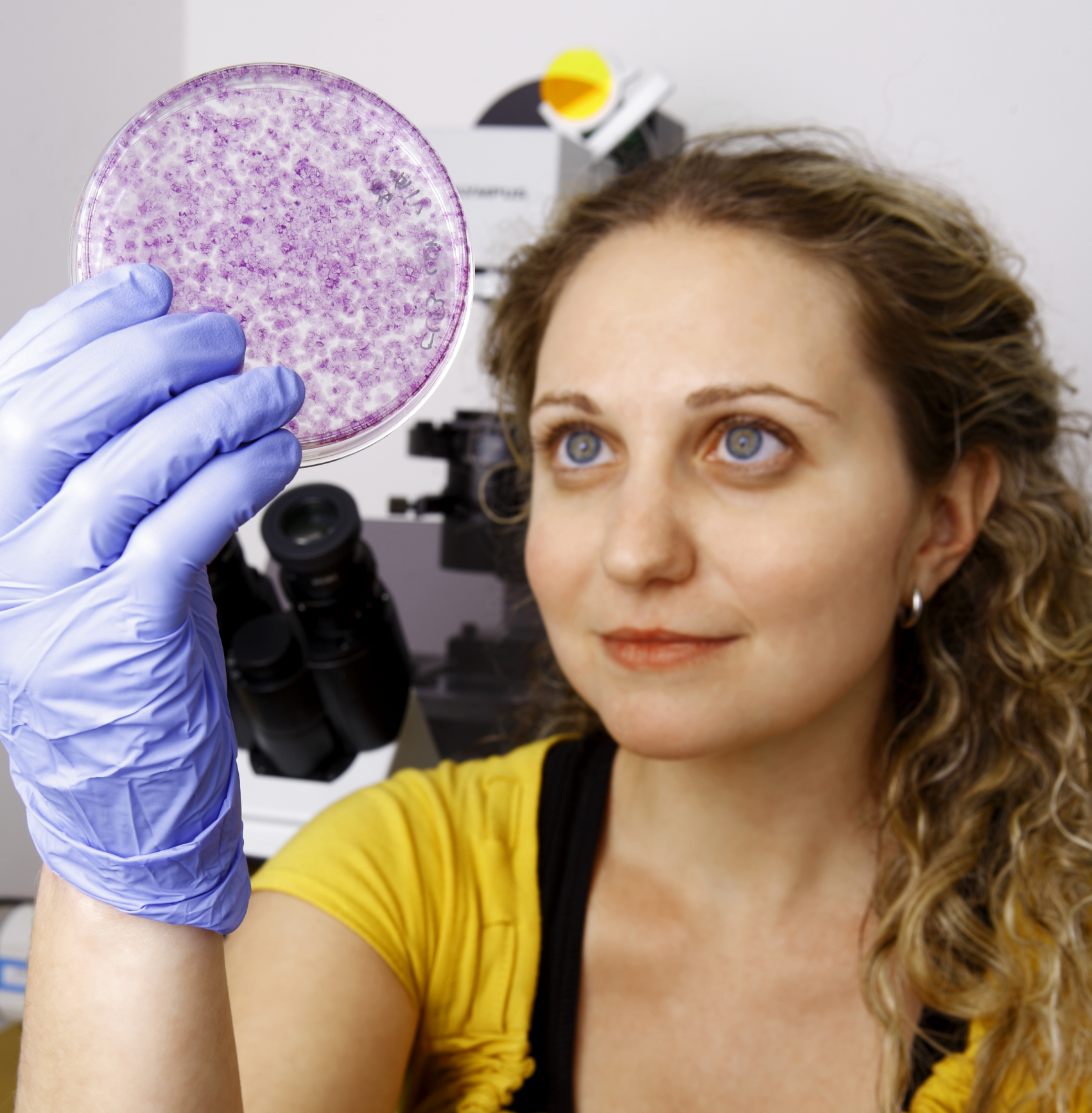US-Israel Partnerships: Accelerating medical innovation
Hunting for predictors of neurodegenerative diseases
US-Israel Partnerships: Accelerating medical innovation
Hunting for predictors of neurodegenerative diseases
Researchers and other experts at Israeli and Bay Area medical centers are partnering to advance personalized medicine, promote integrative healthcare, and pursue drug development for diseases that have yet to see breakthroughs. Although the pandemic put in-person exchanges and academic gatherings on hold, technology not only enabled these collaborations to move forward, but also sparked new ways of sharing data and developing future-forward approaches.
Tel Aviv University (TAU) and Stanford University School of Medicine’s Department of Biomedical Data Science are collaborating to identify biomarkers in the earliest stages of four neurodegenerative diseases that have thus far proven basically unstoppable: Alzheimer’s, Parkinson’s, ALS, and Huntington’s. The prevalence of these devastating diseases continues to increase, and research to date seems to indicate that people of Jewish descent carry an increased risk of developing them. There is as yet no effective strategy for treating neuronal degeneration. Unfortunately, most major pharmaceutical companies have decreased their research in central nervous system diseases due to low success rates. The partners are focusing on advancing new strategies for screening and on “informed advocacy” to encourage drug development.
The TAU and Stanford collaboration also includes researchers at UCSF’s Gladstone Institutes and at the Buck Institute on Aging. The teams have collaborated across labs to make meaningful progress investigating biological events that may provoke neurodegeneration and to develop possible treatments to test for therapeutic benefits.
TAU’s Sagol School of Neuroscience, the most influential in Israel, houses the cutting-edge microscopy equipment needed to support these research efforts. More than 20 Sagol neuroscientists have received mega-grants from the U.S. National Institute of Health, the U.S. Department of Defense, and the European Research Council. TAU currently has more than 20 drugs and medical technologies in development.




